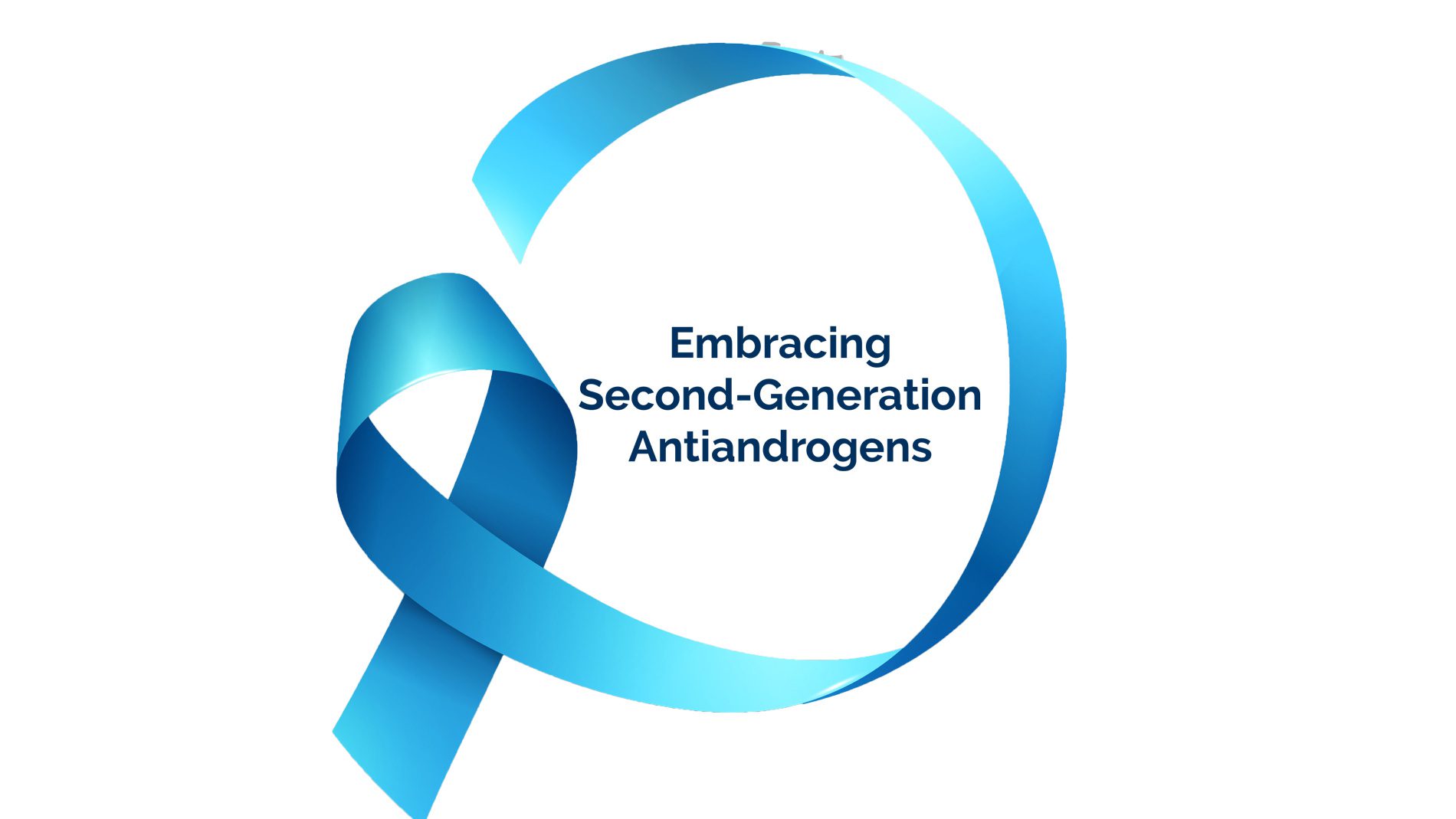
A New Era in Prostate Cancer Treatment: Embracing Second-Generation Antiandrogens
Introduction:
In the United States, prostate cancer is the leading cause of cancer in Black men and is the second most common cancer in all men in the United States with projections estimating approximately 288,300 new cases and nearly 35,000 fatalities in 2023. In addition, Black men are disproportionately affected, facing mortality rates more than double those of other ethnicities. The core of treatment strategy revolves around targeting the cancer’s reliance on the male hormone, testosterone. By preventing testosterone from binding to prostate cancer cells, cancer growth is slowed and, in some cases, even eradicated.
Androgen Deprivation Therapy (ADT):
The cornerstone treatment approach is Androgen Deprivation Therapy (ADT), which employs medications like goserelin, leuprorelin, and degarelix. In rare instances, more aggressive measures, such as surgical removal of the testicles, are considered. Although this surgical approach is less common today, it has highlighted the critical link between testosterone and prostate cancer progression.
Historical Perspective of ADT Therapy:
These therapies were the primary options, especially for advanced or recurrent cases after initial interventions. Unfortunately, they often lost their effectiveness within 1.5 to 2 years, complicating the management of recurrent cancers. To address this issue, drugs like bicalutamide were introduced. These drugs specifically targeted elements within cancer cells associated with male hormone activity, offering a degree of control over side effects resulting from prior treatments. However, questions lingered about their comparative effectiveness, prompting researchers to delve into the development of second-generation antiandrogens.
Second-Generation Antiandrogens:
These second-generation therapies have surpassed their predecessors. Medications like abiraterone mimic steroids, disrupting the testosterone synthesis process. Meanwhile, drugs like enzalutamide, darolutamide, and apalutamide directly counteract testosterone’s influence on cancer cells. Clinical evaluations of these drugs have revealed promising results in terms of patient survival rates, particularly when used in conjunction with other treatment modalities.



